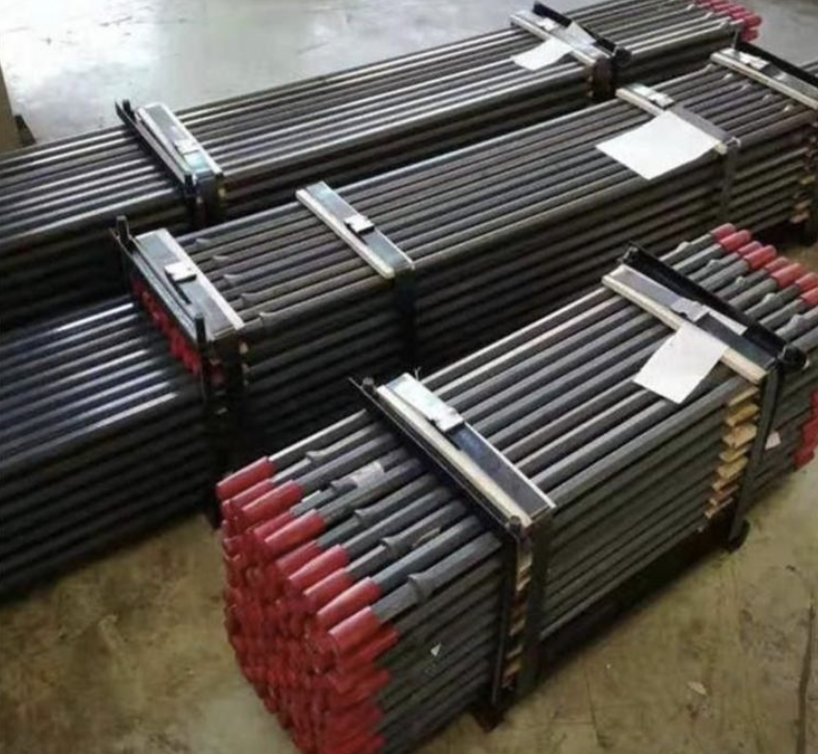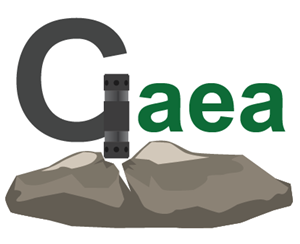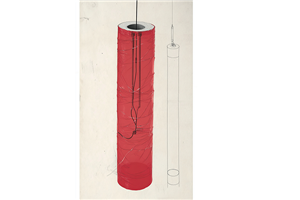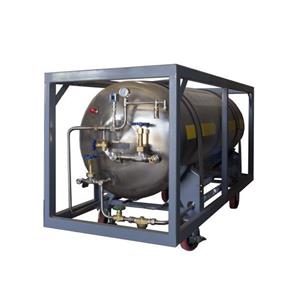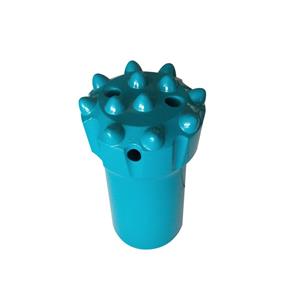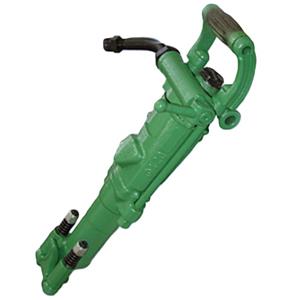Warning — Replace your extension drill rod when you see these signs
On mine, tunnel and construction sites, drill rods are your closest “comrades,” taking the brunt of impact and wear. They do have a service life, though. Using them beyond that not only reduces efficiency but can create serious safety hazards. Here are the key signals that a drill rod needs replacing.
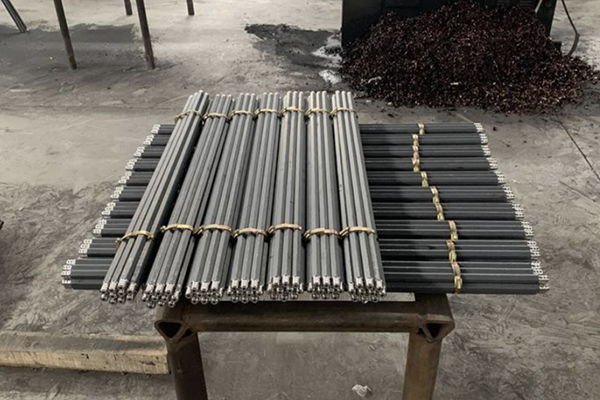
01 Check wear: watch these areas
Rod body wear: measure the rod diameter. If it has decreased by more than 10% from the original dimension, consider replacing it. Excessive wear reduces fatigue strength and increases the risk of breakage.
Thread damage: threads are the critical connection. Deformed, worn, or stripped threads lead to loose joints and reduced energy transfer. Replace the rod immediately if thread damage is found.
02 Inspect straightness: bending is not to be ignored Place the rod on a flat surface and roll it gently. If it shows obvious runout, it is bent. Bent rods cause:
Reduced energy transfer and higher impact energy loss
Abnormal wear on the rig and connected parts
Increased risk of stuck pipes and breakage
As a rule, do not continue using rods with straightness deviation greater than 0.5 mm per meter.
03 Examine the surface: cracks and corrosion are hidden dangers
Surface cracks: pay special attention to stress‑concentration zones such as thread roots and the transition between rod body and shank shoulder. Even fine cracks can grow during operation and cause sudden failure. Stop use immediately if any crack is found.
Severe corrosion: surface rust accelerates stress concentration and lowers fatigue strength. Rods with heavy corrosion or deep pitting should be replaced.
04 Check performance: noticeable drop in working efficiency If you observe the following, the rod may be losing capability:
Significantly slower penetration rate under the same conditions
Needing higher pressure to maintain drilling
Increased abnormal vibration and degraded handling feel
Higher energy consumption and rising operating costs
Tips to extend drill rod life
Correct installation: keep threads clean and tighten with proper torque.
Proper matching: use compatible drill rods, drill bits and couplings.
Periodic rotation: occasionally change rod orientation to even out wear.
Proper storage: avoid damp storage, apply anti‑rust oil for protection.
Remember: timely replacement of fatigued drill rods is not just an economic decision but a safety requirement. A single worn rod can cause equipment damage, project delays or even injury. Safety is never trivial — check your tools regularly so they stay in top condition and your work proceeds smoothly.
